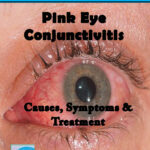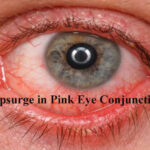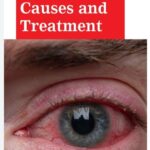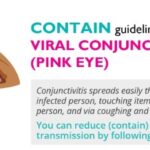Understanding Pink Eye Conjunctivitis – Causes, Symptoms, and Treatment: A highly prevalent, spreading easily through contact. It brings redness, itching, and discharge. Viruses, bacteria, allergies, or irritants trigger it. Guard against its rapid spread: maintain hygiene, avoid touching eyes, and seek prompt medical attention.
Pink Eye is highly prevalent, spreading easily through contact. It brings redness, itching, and discharge. Viruses, bacteria, allergies, or irritants trigger it. Guard against its rapid spread: maintain hygiene, avoid touching eyes, and seek prompt medical attention.
Pink eye is a common eye problem that affects people of all ages. It occurs when the conjunctiva, a thin, transparent layer that covers the white part of the eye and lines the inside of the eyelids, becomes inflamed. Pink eye can be highly contagious and can spread easily in schools, workplaces, and households.
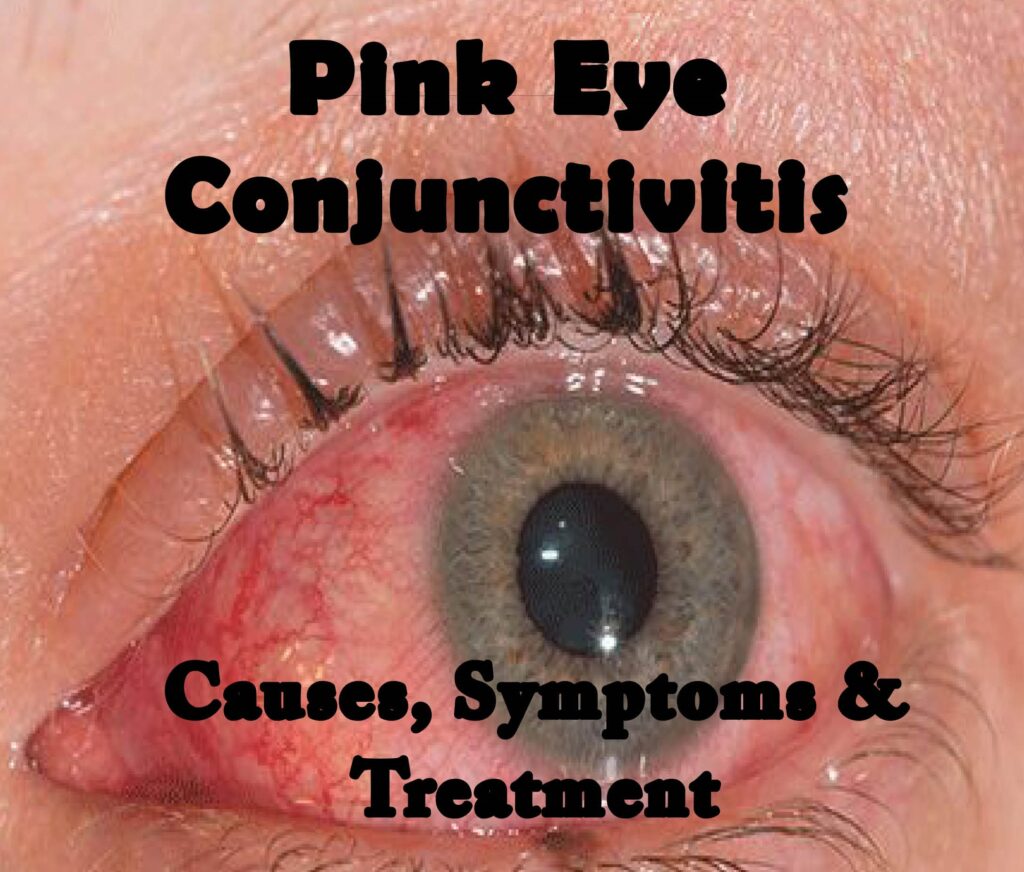

Types of Pink Eye:
• Viral Pink Eye: This is the most common form of pink eye and is often associated with the common cold or viral infections. It spreads easily through contact with infected respiratory droplets or by touching contaminated surfaces.
• Bacterial Pink Eye: Caused by bacteria, and can lead to more severe symptoms and may result in a thick, sticky discharge from the eye.
• Allergic Pink Eye: This form is triggered by allergens such as pollen, pet dander, or dust mites. It typically affects both eyes and is not contagious.
• Irritant Pink Eye: This occurs due to exposure to irritants like smoke, fumes, chemicals, or foreign objects entering the eye.
Symptoms of Pink Eye:
Symptoms vary depending on the type and severity of the infection. However, common symptoms include:
• Redness in the white part of the eye and inner eyelids.
• Watery or thick, coloured discharge from the eye.
• Itchy or gritty sensation in the eye.
• Swollen eyelids.
• Sensitivity to light.
• Crusty eyelashes, especially upon waking up.
Preventing the Spread of Pink Eye:
To prevent the spread of viral and bacterial pink eye, it’s essential to practice good hygiene and take necessary precautions:
• Frequent handwashing: Wash hands with soap and water regularly, especially after touching your eyes or coming in contact with someone who has pink eye. Use a clean towel to dry your face and avoid sharing towels or personal items with others.
• Avoid touching your eyes: Try not to rub or touch your eyes with unwashed hands, as this can transfer the infection. Touching or rubbing eyes can worsen the irritation and potentially spread the infection to the other eye or to other people.
• Personal items: Do not share personal items like towels, pillowcases, or eye makeup with someone who has pink eye.
• Disinfecting surfaces: Clean and disinfect frequently touched surfaces, like doorknobs, countertops, and phones, to prevent the spread of the virus or bacteria.
• Remove Contact Lenses: If you wear contact lenses, it’s best to remove them until the infection clears. Contact lenses can trap bacteria or irritants and worsen the condition.
• Avoid Allergens and Irritants: If your pink eye is due to allergies or irritants, try to identify and avoid the triggers. Stay away from smoke, dust, pet dander, pollen, or any substances that worsen your symptoms.
• Keep Your Environment Clean: Disinfect frequently touched surfaces, such as doorknobs, light switches, and shared items, to prevent the spread of the infection.
Treatment Options:
• Viral pink eye: In most cases, viral conjunctivitis clears up on its own within 1-2 weeks. Applying warm compresses to the eyes can help alleviate discomfort. Artificial tears may also provide relief from dryness and irritation.
• Bacterial eye: This type is typically treated with antibiotic eye drops or ointments prescribed by doctors.
• Allergic eye: Over-the-counter eye drops can help relieve symptoms. Avoiding allergens whenever possible is also recommended.
• Irritant eye: It usually resolves on its own once the irritant is removed. Rinse the eyes thoroughly with water if an irritant is suspected to be the cause.
Conclusion:
Some types of Pink eye can be highly contagious, others are not and may result from allergies or irritants. Practicing good hygiene and taking necessary precautions can help prevent the spread of pink eye. If you suspect you have pink eye, consult doctor for appropriate treatment. With proper care and attention, most cases of pink eye resolve without any complications.


Dr Hareesh K V
Medical director
Abhishek Nethradhama
Krupa Bindu, No.971/37, Mig 15Th A Cross, A Sector
Next To Gk Vale Studio Khb High Rise Apartment
Ambedkar Colony, Yelahanka New town
Bangalore -64
Ph: 080-4093 3219/77957 15203



